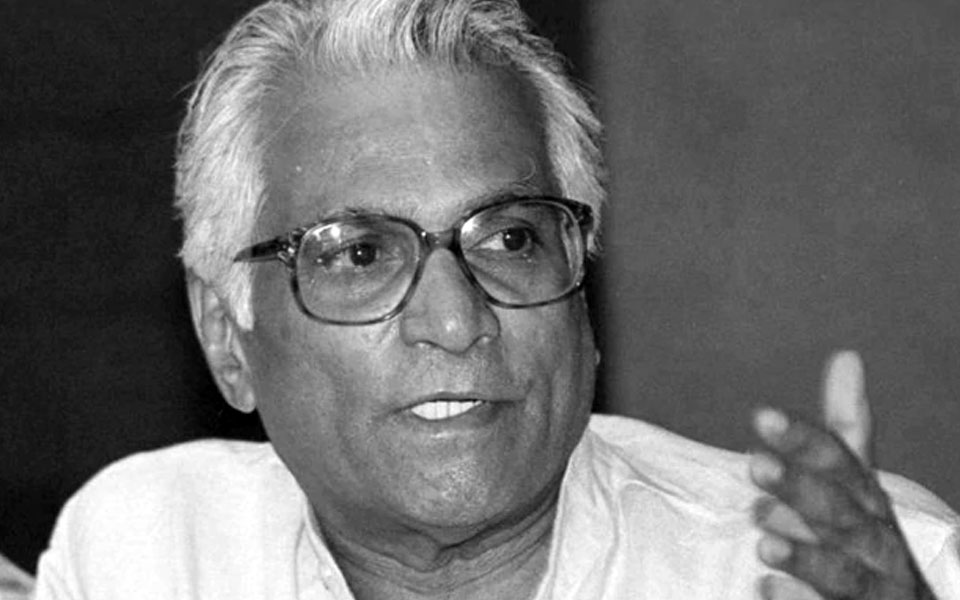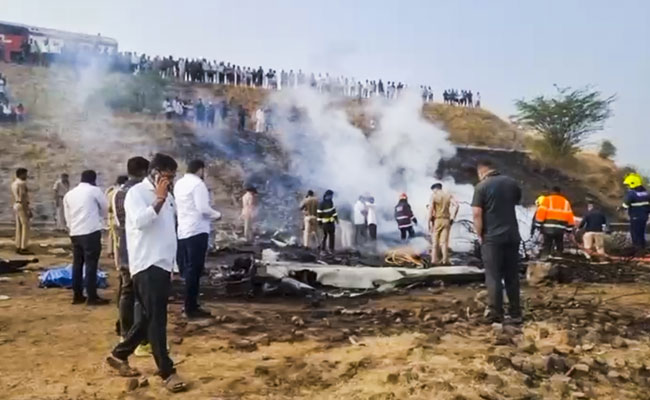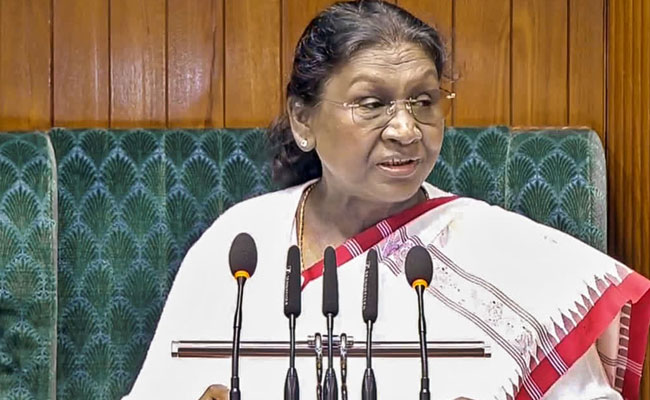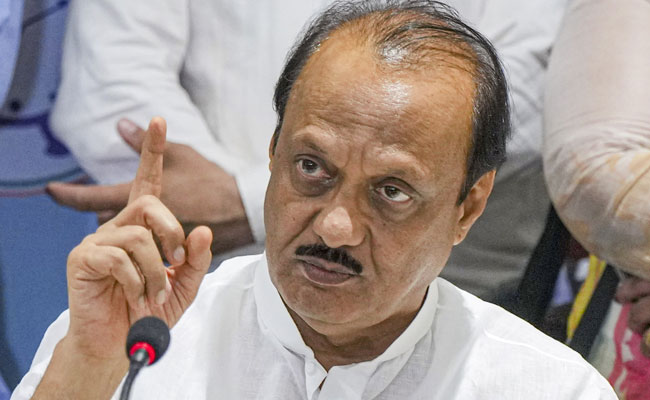There was a time when people who fought hard in the movements came into the parliament or assemblies. During the 80s, both houses of the Parliament had names such as S A Dange, A K Gopalan, Ram Manohar Lohia, Bhupesh Gupta, Prof Hiren Mukherjee, Madhu Limaye and other stalwarts. George Fernandes who died on Tuesday was also one such blaze of fire. Having risen out of people's movement to the heights of a union minister, George today is just a fond yet painful memory.
Born in 1930 at Bejai in Mangaluru, George’s parents had decided that their son would be a Pastor. But George created his own path, by becoming an activist in socialist movement, and even as a central minister later in his life. Having come in contact with socialist leader Ammembala Balappa during his days as a student in St Aloysius College in Mangalore, George had great command on Kannada, Konkani, Hindi, Marathi, Tamil, Malayalam and Urdu. Like most of coastal Kannadigas, George went to Mumbai to earn a living and came in contact with labour activist at ports, Demello. He was inducted into the labour movement by Demello and after that George never looked back.
His initiation into socialism was through Dr Ram Manohar Lohia. George fought Lok Sabha elections and defeated the undefeatable S K Patil in 1967. He organized the railway labourers in 1974 and went on a strike to shake the Indira Gandhi government. The then PM Indira Gandhi imposed emergency in 1975. George went underground then and was subsequently arrested. He was elected to Lok Sabha even when he was jailed. He waged a war against companies like Coca Cola and others when he became the minister for industries in Morarji Desai cabinet in 1977, the first ever non-Congress government in independent India.
The Kannadigas especially those in coastal Karnataka can never forget George Fernandes because he was instrumental in ensuring the Konkan Railway track came into existence. This was a long pending demand of the people of this region. Because before this came into being, people had to travel 48 hours in bus if they had to go to Mumbai. The travel time reduced drastically with this. He was a very pro-people person and a core activist. His last days were rather very painful.
The anti-Congress politics of Ram Manohar Lohia brought George to the doorstep of BJP. The socialist party lost its existence after the emergency and was merged with Janata Party. Socialists lost their base. But the RSS maintained its independent identity and created Bharatiya Janata Party. George remained in the old Janata Party. He then created Samata Party after th split with the Janata Party. But that didn’t have a strong base. Finally, having compromised with his ideals, George entered into a coalition with the BJP. He was forced to defend Modi in the Gujarat massacre in the parliament. His political career was marred with coffin controversy when he was the defence minister.
It’s not easy for a young boy who washed utensils in Mumbai hotels to be elected from the same mega city to represent in Lok Sabha. But his politics lost track later. Leaders such as Lalu, Mulayam and Nitish Kumar entered the scene after Mandal Report was implemented. They didn’t need George amidst them. Being a minority, George didn’t have his own vote bank too. Then the dependency on BJP became inevitable. This clouded his political career which was created with such care and clarity.
It wouldn’t be too inappropriate of one called George a tragic hero of Indian politics. He dreamt of socialism and then took to ideals that was totally contrast to his life. He spent his days in recluse since Alzheimers had taken control of his faculties. No one would even remember George a few years later. A man has both pluses and minuses in his life. George had more pluses. How can anybody forget a hero who rose from nothing and grew to be a towering figure in Indian politics? His departure is truly a loss for the labour movement in India.
Let the Truth be known. If you read VB and like VB, please be a VB Supporter and Help us deliver the Truth to one and all.
Hyderabad (PTI): The Aircraft Accident Investigation Bureau (AAIB) will probe the plane crash at Baramati airport that killed Maharashtra Deputy Chief Minister Ajit Pawar and four others on Wednesday.
The Learjet 46, operated by Delhi-based VSR Ventures, crash-landed at the airport. There were five people onboard, including the crew members, according to the aviation regulator DGCA.
A senior official told PTI that the AAIB will be visiting the crash site and it will be investigating the accident.
AAIB is responsible for classifying safety occurrences involving aircraft operating in Indian airspace as accidents, serious incidents, or incidents. It carries out detailed investigations into accidents and also suggests measures to improve safety.





